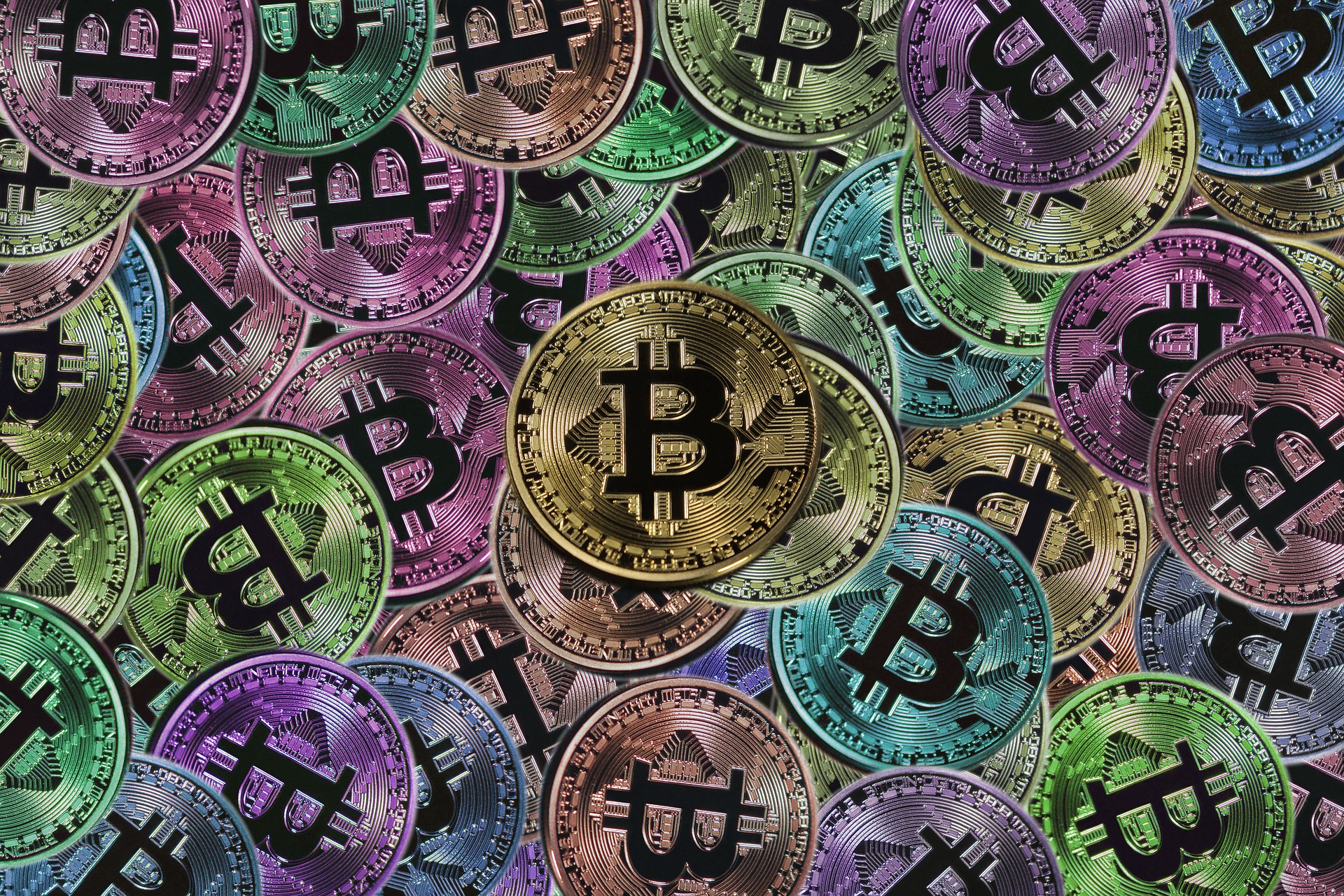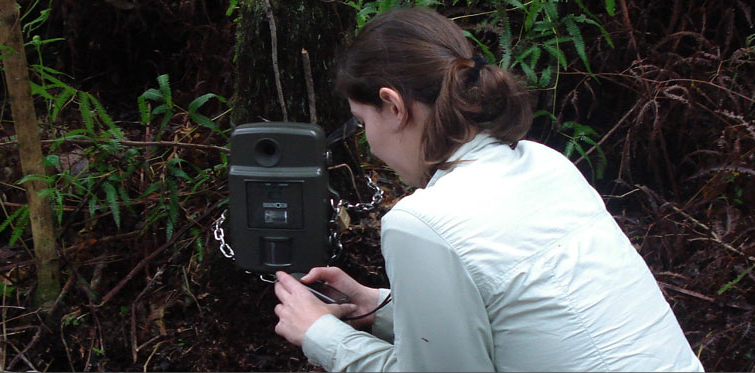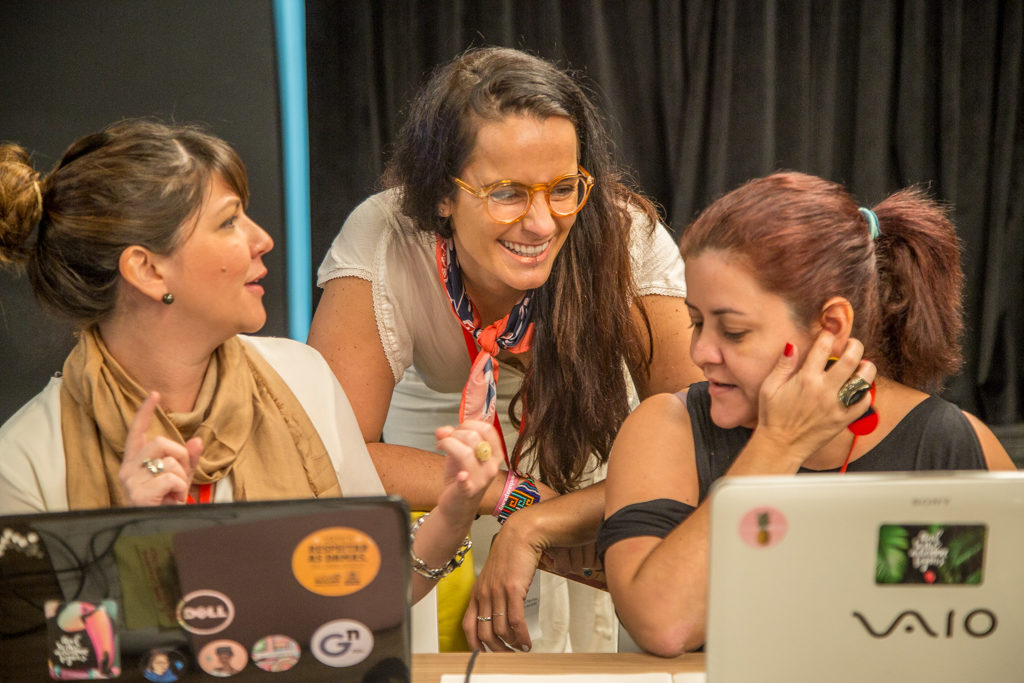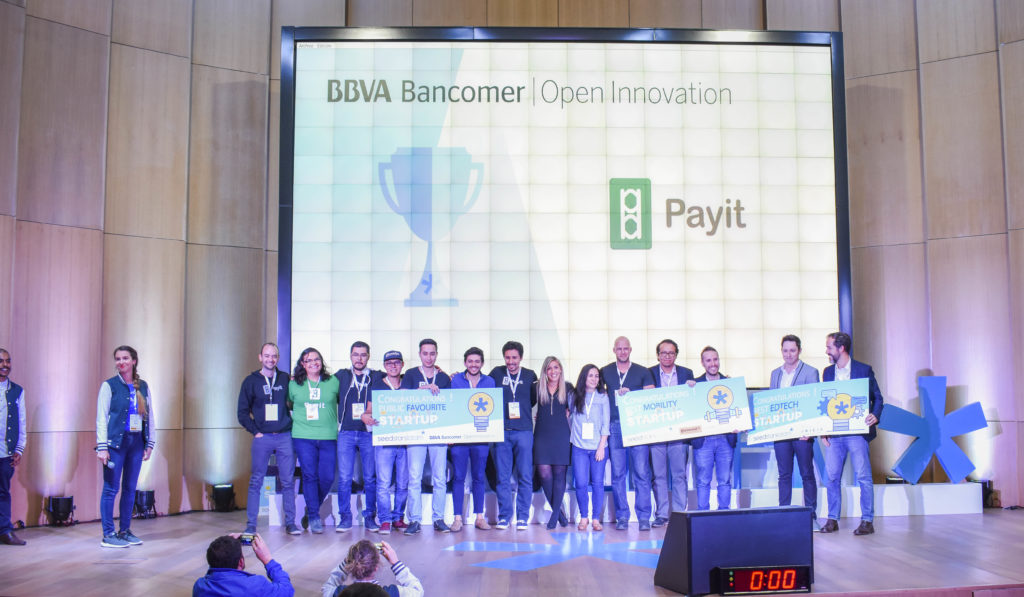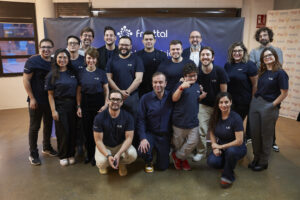The financial crisis in Venezuela might have found itself an unlikely saviour: bitcoin.
The South American nation has been plagued by nothing but bad news in recent months due to the monetary turmoil that has engulfed the nation—but crises often inspire the most creative solutions.
Pablo Perez, owner of El Portal Grill in the town of Puerto Ordaz, Ciudad Guayana, is working with university friend and CEO of OnixCoin, Angel Salazar, to bring bitcoin payments to his restaurant. The initiative will make it the first restaurant to accept cryptocurrency in the country.
Globally restaurants have already began accepting bitcoin as payment, including the US and India, but the restaurant has adopted it at a time when the Venezuelan Bolivar is essentially worthless.
Whilst accepting Bitcoin will not change things overnight, it does give citizens of Puerto Ordaz more options when it comes to making payments when eating out.
On the initiative to start accepting cryptocurrency, he said: “There has been a lot of interest from customers. Once we explain what bitcoin is, they become perfectly aware of what it is and become interested in it. There not have been many who come to pay with bitcoin, but surely we will eventually have more customers paying with cryptocurrencies”.
Despite this, there have been fears that what Perez and Salazar are doing is not all that legal. When asked about this Salazar denied that there were any legal issues. “In Venezuela”, stated Salazar, “we start from what is not in the law is not illegal. Cryptocurrencies are not illegal.”
To make sure that they do not overstep any tricky trading laws, Perez and Salazar will convert the Bitcoin payments into Bolivars when adding it to the account. 1 bitcoin is currently equal to 41881.89 VEF.
And whilst it could rub competing businesses up the wrong way, there is also the potential for further adoption. Using Bitcoin is a way of trying to simplify the payment process as much as possible. Should this occur, Venezuelan businesses would actually benefit and recover from the nasty effects inflation has had on them. This year, hyperinflation has already reached 127.8% within the first five months and continues to rise.
Furthermore, the maximum withdrawal from an ATM belonging to a private bank is just 30,000 bolivars; the limit from government banks stands at 10,000. This equates to $2.88, and $0.96 respectively. With the free falling worth of the bolivar, citizens appear to be stuck in a quagmire of ever-decreasing monetary worth.
Bitcoin, itself, however, is also a volatile market having skyrocketed in value in recent months. A similar freefall as seen with the Bolivar could also hit the cryptocurrency. At this month’s Caracas Startup Week, bitcoin is sure to be a firm topic on the agenda and will hopefully shed some light on the cryptocurrency’s future prospects in Venezuela.

